MagicJack femtocell to get caught up in legal battle?

As we've reported, the MagicJack femtocell will allow you to make and receive calls through your GSM handset for a flat rate of $20 per month. Even your old GSM models that have no active carrier will work. The problem is, there could be some legal issues involved. At one point in the process, the calls need to go through either T-Mobile or AT&T's "air space" yet no carrier will be a partner. The company says that a carrier should realize that a partnership would MagicJack would enhance the value of the service. and without licensed spectrum from Uncle Sam, the odds favor that the government will go to court to get this operation shut down.
According to MagicJack founder Dan Borislow, "in your home you own the frequency." The unit is powerful enough to work outside a 3,000 square foot home and the user can use included software to change the power level to cover the appropriate space. Default is set at 500 square feet. Kevin Werbach, assistant professor of legal studies and business ethicsat the University of Pennsylvania's Wharton School, called this aclever argument. "It would arguably be an unreasonable search andseizure under the 4th Amendment to shut down such a transmitter," hesaid. Werbach adds that the FCC only protects the carriers from interference and since the only interference with this femtocell would be to the consumer who buys it, AT&T and T-Mobile may have no chance to argue. Meanwhile, FCC Spokesman Bruce Romano says that the agency cannot comment on this because no application can be found. MJ founder Borislow says that the device has not yet been submitted for FCC approval but he feels it should be a "Slam, dunk".
AT&T has tested femtocells for its subscribers, but AT&T Mobility CEO Ralph de la Vega says that these devices are too hard to use. MJ founder Borislow agrees, saying that only his product is easy enough for the public. "They have failed strategies. Their femtocells are too expensive andthey're too hard to use. We have the only one that makes sense in theworld," he said.
source: PCWorld via EngadgetMobile
source: PCWorld via EngadgetMobile
Follow us on Google News

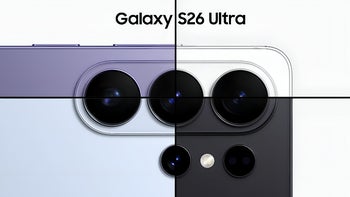
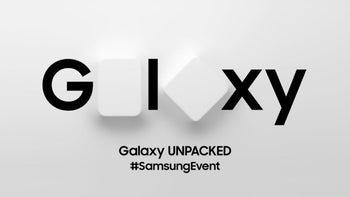

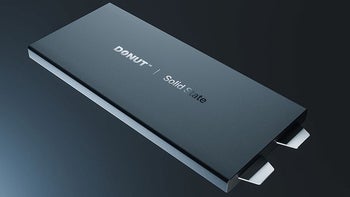

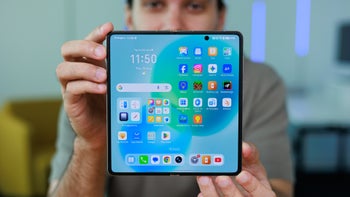

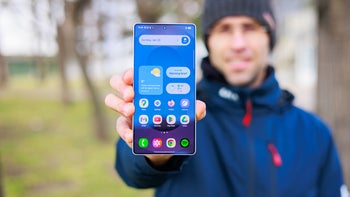
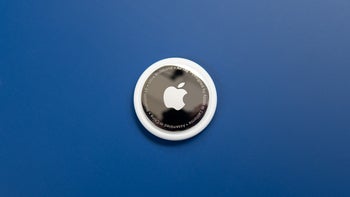
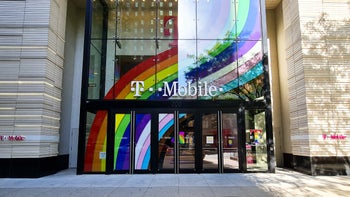
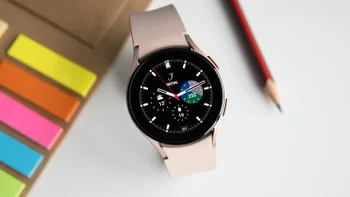
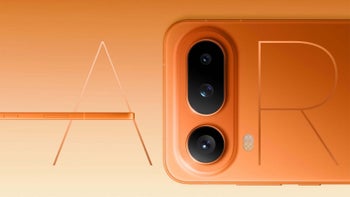
Things that are NOT allowed:
To help keep our community safe and free from spam, we apply temporary limits to newly created accounts: